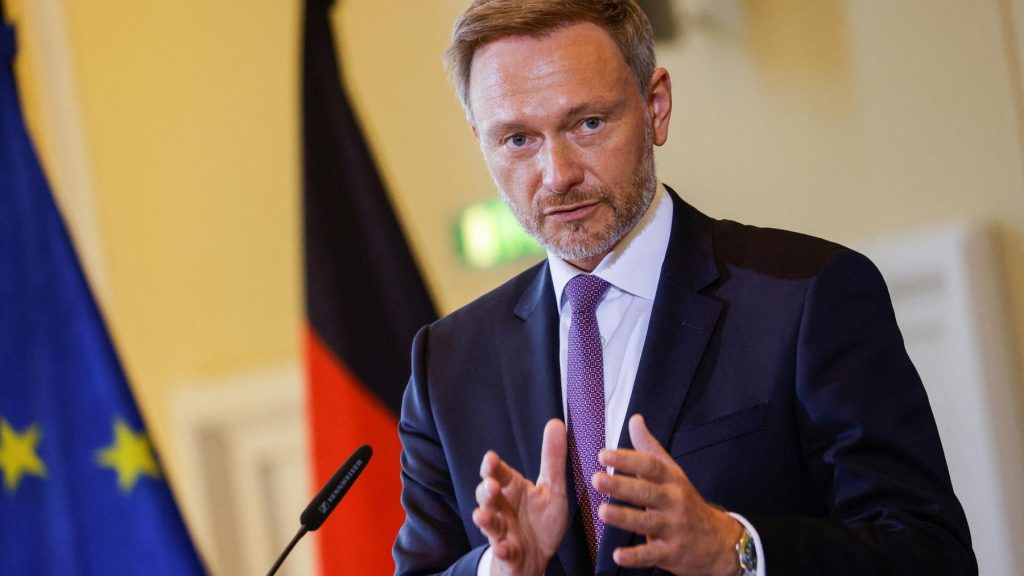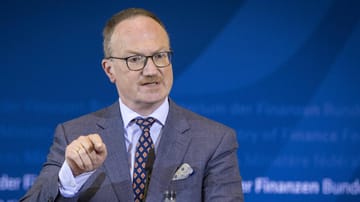
The U-turn of Christian Lindner – new fiscal policy
“Sharply increased energy and raw material prices lead to higher inflation rates even over a longer period of time and burden private households and especially energy-intensive companies,” it says. In addition, there would be “increased economic uncertainty and additional disruptions to supply chains”.
In addition, there is the risk that the increased inflation expectations of companies and trade unions will be reflected in collective bargaining. This could perpetuate high inflation – keyword: wage-price spiral, in which prices and wages continue to rock up.
Traffic light approves comprehensive relief
One of Lindner’s deductions from this is that the state, ultimately himself and his cabinet colleagues, should avoid extensive transfer programs. Higher consumer spending by the public sector is also counterproductive, because it could even increase inflation. The policy could “not compensate for the resulting loss of prosperity for society as a whole”.
What sounds like a typical replacement for politicians is quite remarkable, because: The traffic light government has just decided on a second, comprehensive relief package. This includes, for example, the flat-rate energy price, the mentioned fuel discount in a slightly modified form and the 9 euro ticket for public transport.
Lindner has approved the multi-billion dollar project, which experts such as Ifo President Clemens Fuest sharply criticize. But now he is proposing “a fiscal stimulus” that “does not further fuel inflation and creates the conditions for a self-sustaining path for economic growth”.
Lindner wants to reduce taxes for companies
What Lindner wants: a supply-oriented fiscal policy. So the federal government should not fuel the demand and thus the consumption of the Germans, which in turn would drive up prices, but – flatly put – ensure that companies produce and sell more goods. The economy should not be strangled and the price level should not be pushed up further, according to his tenor.
For this, it is important to facilitate investments for companies, to reduce bureaucratic hurdles and to increase the competitiveness of companies in Germany. The tax burden for companies is too high in international comparison, Germany still ranks behind France in the high-tax countries, the paper says.
“Lower production costs for companies, for example through lower additional wage costs or lower levies, can make the business location more attractive for private investment by increasing profit prospects.” These sentences sound more like a liberal finance minister, as many would have expected.
Ordoliberal advisors
But where does the change of heart come from? We can only speculate about that. An important role is likely to be played by Lindner’s chief economist, Wolf Heinrich Reuter, who heads the policy department at the Ministry of Finance.
Until recently, he was Secretary General of the Expert Council for the Assessment of Macroeconomic Development, so he worked for that body, whose members are commonly referred to as the economic method. The former chairman of the Wirtschaftsweisen, Lars Feld, has also been giving Lindner personal advice for several months.

